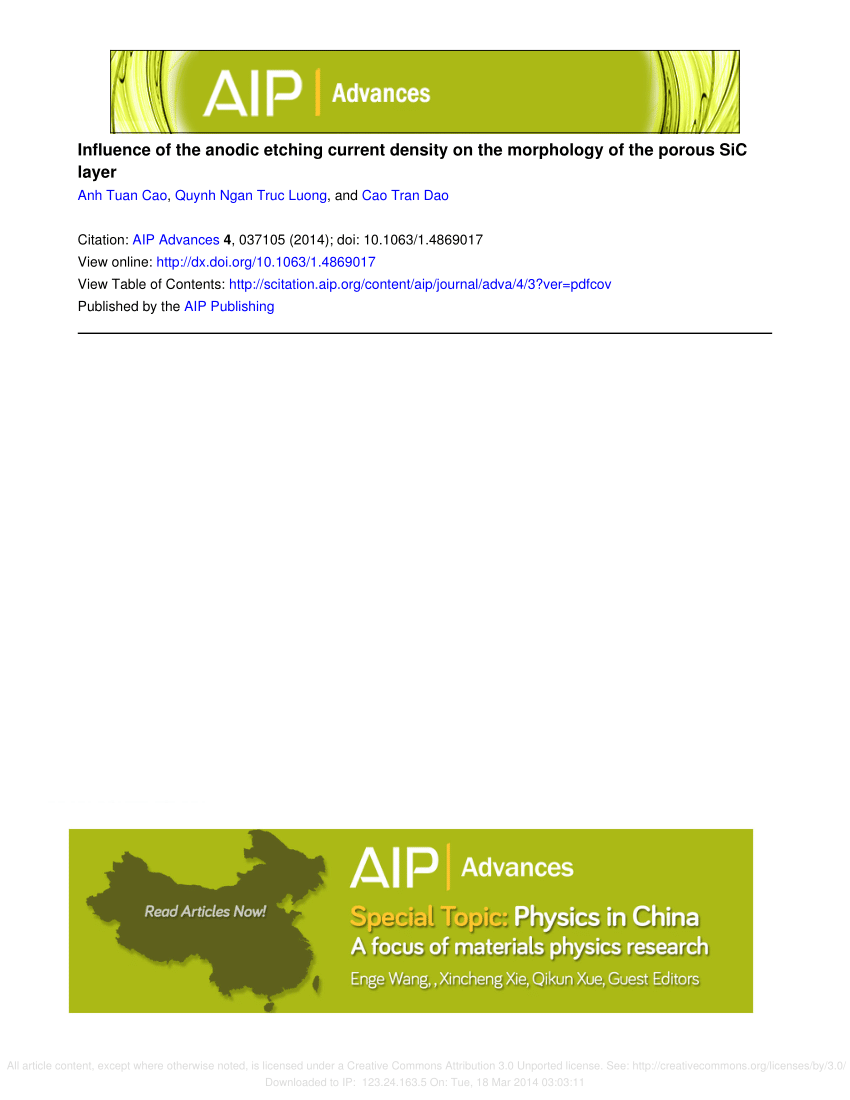Energy storage battery state of health estimation based on singular value decomposition for noise reduction and improved LSTM neural network
IF 1.4
4区 物理与天体物理
Q4 MATERIALS SCIENCE, MULTIDISCIPLINARY
引用次数: 0
Abstract
Accurate estimation of the State of Health (SOH) of batteries is important for intelligent battery management in energy storage systems. To solve the problems of poor quality of data features as well as the difficulty of model parameter adjustment, this study proposes a method for estimating the SOH of lithium batteries based on denoising battery health features and an improved Long Short-Term Memory (LSTM) neural network. First, in this study, three health features related to SOH decrease were selected from the battery charge/discharge data, and the singular value decomposition technique was applied to the noise reduction of the features to improve their correlation with the SOH. Then, the whale optimization algorithm is improved using cubic chaotic mapping to enhance its global optimization-seeking capability. Then, the Improved Whale Optimization Algorithm (IWOA) is used to optimize the model parameters of LSTM, and the IWOA-LSTM model is applied to the battery SOH estimation. Finally, the model proposed in this research is validated against the Center for Advanced Life Cycle Engineering (CALCE) battery dataset. The experimental results show that the prediction error of battery SOH by the method proposed in this study is less than 0.96%, and the prediction error is reduced by 49.42% compared to its baseline model. The method presented in the article achieves accurate estimation of the SOH, providing a reference for practical engineering applications.基于奇异值分解降噪和改进型 LSTM 神经网络的储能电池健康状态估计
准确估计电池的健康状况(SOH)对于储能系统中的智能电池管理非常重要。为了解决数据特征质量差、模型参数调整困难等问题,本研究提出了一种基于去噪电池健康特征和改进型长短期记忆(LSTM)神经网络的锂电池健康状态估计方法。首先,本研究从电池充放电数据中选取了三个与 SOH 下降相关的健康特征,并采用奇异值分解技术对这些特征进行降噪处理,以提高它们与 SOH 的相关性。然后,利用立方混沌映射对鲸鱼优化算法进行改进,以提高其全局寻优能力。然后,利用改进的鲸鱼优化算法(IWOA)优化 LSTM 的模型参数,并将 IWOA-LSTM 模型应用于电池 SOH 估算。最后,本研究提出的模型通过高级生命周期工程中心(CALCE)的电池数据集进行了验证。实验结果表明,本研究提出的方法对电池 SOH 的预测误差小于 0.96%,与基线模型相比,预测误差减少了 49.42%。文章提出的方法实现了对 SOH 的精确估算,为实际工程应用提供了参考。
本文章由计算机程序翻译,如有差异,请以英文原文为准。
求助全文
约1分钟内获得全文
求助全文
来源期刊

AIP Advances
NANOSCIENCE & NANOTECHNOLOGY-MATERIALS SCIENCE, MULTIDISCIPLINARY
CiteScore
2.80
自引率
6.20%
发文量
1233
审稿时长
2-4 weeks
期刊介绍:
AIP Advances is an open access journal publishing in all areas of physical sciences—applied, theoretical, and experimental. All published articles are freely available to read, download, and share. The journal prides itself on the belief that all good science is important and relevant. Our inclusive scope and publication standards make it an essential outlet for scientists in the physical sciences.
AIP Advances is a community-based journal, with a fast production cycle. The quick publication process and open-access model allows us to quickly distribute new scientific concepts. Our Editors, assisted by peer review, determine whether a manuscript is technically correct and original. After publication, the readership evaluates whether a manuscript is timely, relevant, or significant.
 求助内容:
求助内容: 应助结果提醒方式:
应助结果提醒方式:


